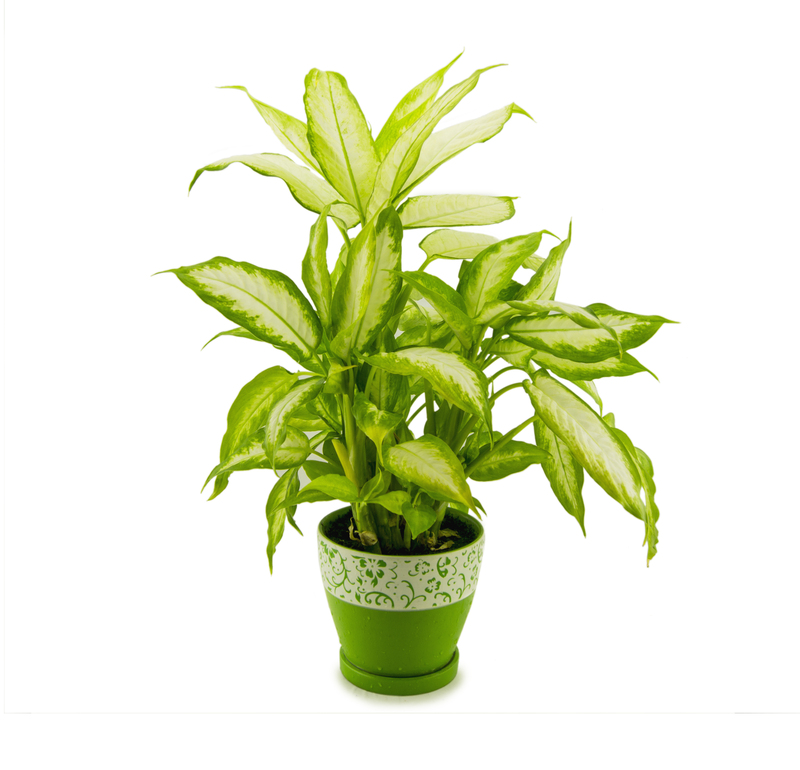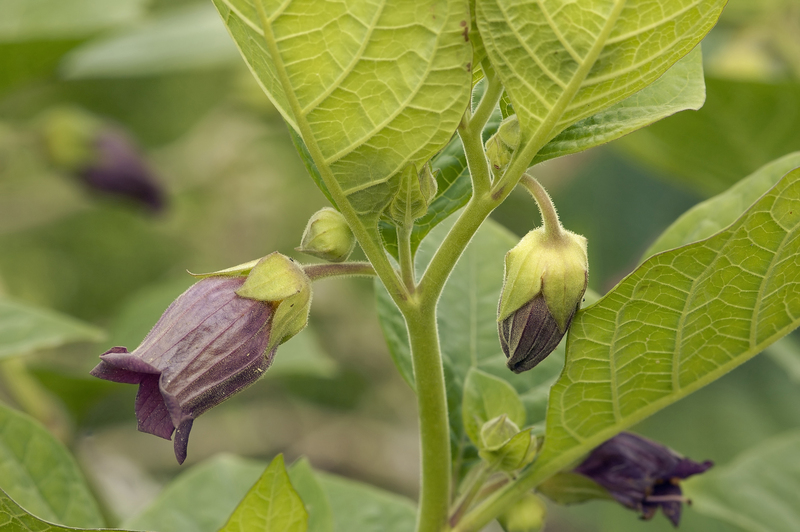Lay the Foundation for a Beautiful Garden with 9 Newbie Tips
Posted on 17/06/2025
Lay the Foundation for a Beautiful Garden with 9 Newbie Tips
A beautiful garden is more than just a delight for the eyes--it brings peace, wellness, and comfort to your living space. Whether you have a sprawling backyard or a modest balcony, building your dream garden can seem overwhelming as a beginner. But don't worry! With the right approach and guidance, you can lay a solid foundation for stunning blooms, lush greenery, and a thriving ecosystem.
Below, discover 9 essential gardening tips for beginners that will transform your gardening journey from daunting to delightful.

1. Start with a Garden Plan
One of the most important beginner gardening tips is to create a plan before you plant. Consider:
- Purpose: Do you want flowers, vegetables, herbs, or a mix?
- Space: Measure your area. Is it sunny or shaded? What size garden fits your lifestyle?
- Design: Sketch your garden. Visualize colors, heights, and textures for year-round interest.
- Budget: Set realistic goals. Start small and make additions as your knowledge grows.
A well-thought-out plan is essential for any successful garden beginner--and helps prevent costly mistakes.
2. Understand Your Soil
The best gardens start from the ground up--literally! Soil quality is the backbone of a thriving garden. Take time to test your soil. There are easy at-home kits or you can send samples to local agricultural extensions. Check for:
- pH Level: Most plants prefer a pH between 6.0 and 7.0, though some, like azaleas, thrive in more acidic soil.
- Drainage: Dig a hole, fill it with water, and see how fast it drains. Poor drainage harms most garden plants.
- Soil Texture: Is it sandy, clay, or loamy? Loamy soil is ideal for most gardens as it retains moisture and nutrients while draining well.
Once you understand your soil's characteristics, improve its texture and nutrition with organic matter such as compost, aged manure, or leaf mold.
3. Choose the Right Location
A productive and beautiful garden relies on picking the right spot. Observe your yard for:
- Sunlight: Most vegetables and flowers need at least six hours of direct light. Note sun patterns to avoid planting shade lovers in full sun--or vice versa.
- Wind: Windy sites may stress or damage plants. Plant a hedge or use fences as windbreaks if necessary.
- Accessibility: Place your garden where you can easily visit for watering, harvesting, and enjoying!
*Pro Tip:* If you have only partial sun, don't fret--choose shade-tolerant varieties for those spots.
4. Select Easy and Suitable Plants
When laying the groundwork for your first-time garden, be kind to yourself! Choose low-maintenance plants suited to your region and proven to perform well for newbies, such as:
- Sunflowers: Quick to sprout and bring cheerful color.
- Marigolds and Zinnias: Hardy annuals great for beginners.
- Tomatoes, Lettuce, and Radishes: Productive, easy-to-grow veggies.
- Herbs: Basil, chives, and parsley thrive in small pots or garden beds.
Check USDA hardiness zones or ask at local garden centers for plants that fit your climate.
5. Master Watering Techniques
Proper watering is critical when building your garden from scratch. New gardeners often overwater or underwater--both can be deadly!
- Morning is best: Water early so leaves dry out and don't risk fungal diseases.
- Water deeply: Aim for infrequent but thorough watering to encourage deep roots.
- Check before watering: Stick your finger into the soil. If it's cool and moist 2 inches down, wait another day.
- Mulch: Use organic mulch to retain moisture and reduce watering needs.
Remember: Consistent moisture is better than flooding then letting soil dry out completely.
6. Provide Essential Nutrients
All plants--like people--need a balanced diet. Fertilizing is key to long-term garden health. Start with:
- Compost: Homemade or bagged, it adds nutrients and improves soil structure.
- Organic Fertilizers: Fish emulsion, bone meal, or seaweed add gentle nutrition over time.
- Slow-release fertilizers: Ideal for containers or new beds, feeding plants as they grow.
Do not over-fertilize. Too much can burn roots or cause excess leafy growth with fewer blooms or fruit.
7. Control Weeds Early and Often
Successful beginner gardening means staying on top of weeds that compete with your plants for nutrients, sunlight, and water.
- Mulch deeply: 2-4 inches of straw, bark, or compost blocks weed seeds.
- Hand weed: Remove weeds as soon as you spot them--don't let them go to seed!
- Edge garden beds: Barrier strips or edging keeps grass and weeds out of your garden.
Don't be discouraged--every gardener fights weeds. Consistency is the secret.
8. Practice Good Spacing and Pruning
Crowded plants are unhappy plants! Always follow spacing recommendations for each type of plant:
- Better air flow: Reduces disease risk.
- Bigger harvest: Each plant receives enough sun and water.
- Fewer pests: Insects love crowded, tangled foliage.
Pruning isn't just for trees and shrubs--pinch off spent blooms (deadheading) or remove damaged leaves to encourage healthy, bushier growth.

9. Learn from Each Season
Even veteran gardeners make mistakes, and each season brings new surprises. Keep a journal or notes on what worked, what didn't, planting dates, weather patterns, and your favorite varieties. This habit builds confidence and gardening expertise over time.
- Share and connect: Join local gardening groups at nurseries or online for inspiration and advice.
- Experiment: Try new varieties, styles, and layouts as your skills grow.
- Celebrate growth: Document successes with photos and share your progress with friends or gardening communities.
The beauty of gardening is that it's a continuous learning process--embrace it!
The Final Word: Start Your Journey Towards a Gorgeous, Thriving Garden
By following these 9 essential gardening tips for beginners, you can lay a solid foundation for a healthy, beautiful outdoor space. Remember, even the grandest gardens started with a single seed and a passionate beginner!
- Plan your garden goals and space.
- Know and nurture your soil.
- Choose the right site and beginner-friendly plants.
- Master water and nutrient management.
- Stay vigilant with weeds and pests.
- Watch your plants grow, learn, and adjust as needed.
With patience, curiosity, and these expert tips for gardening newcomers, you'll soon be enjoying the lush, vibrant sanctuary you've always dreamed of.
Ready to start? Grab your gloves, pick up a trowel, and let your beautiful garden journey bloom!
Latest Posts
Cultivate a Vibrant Garden on a Tight Budget
A Winter Guide to Protecting Your Cherished Garden Plants
Cultivating Harmony: Create Relaxing Seating Areas in Your Garden

